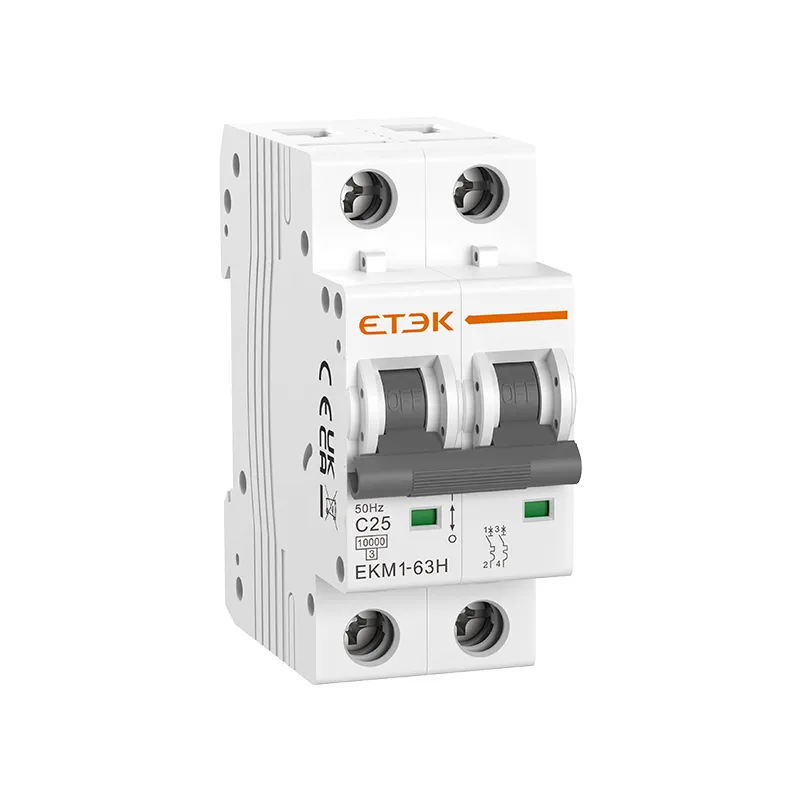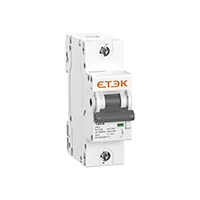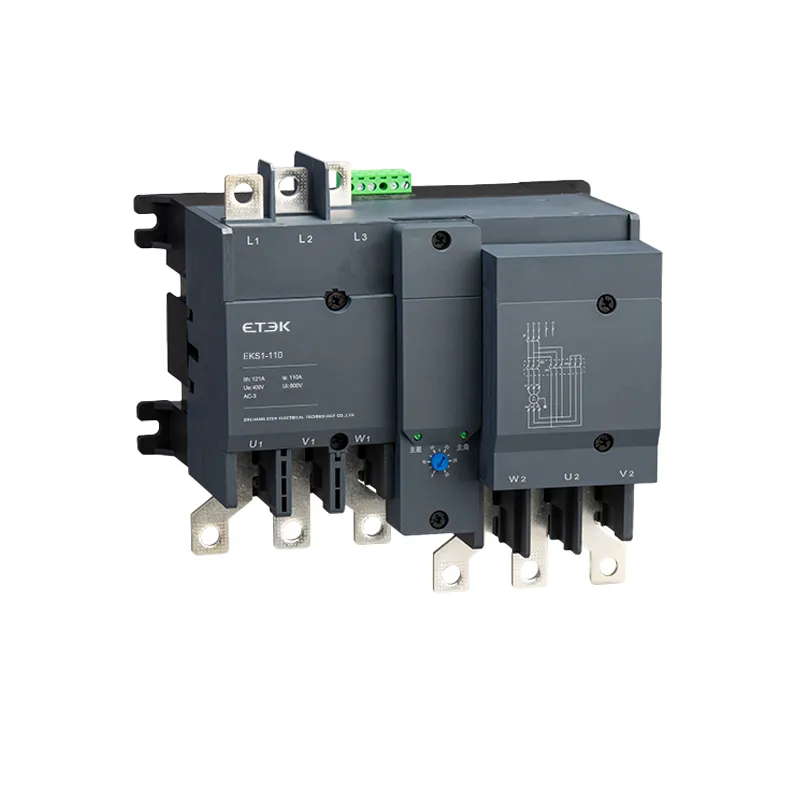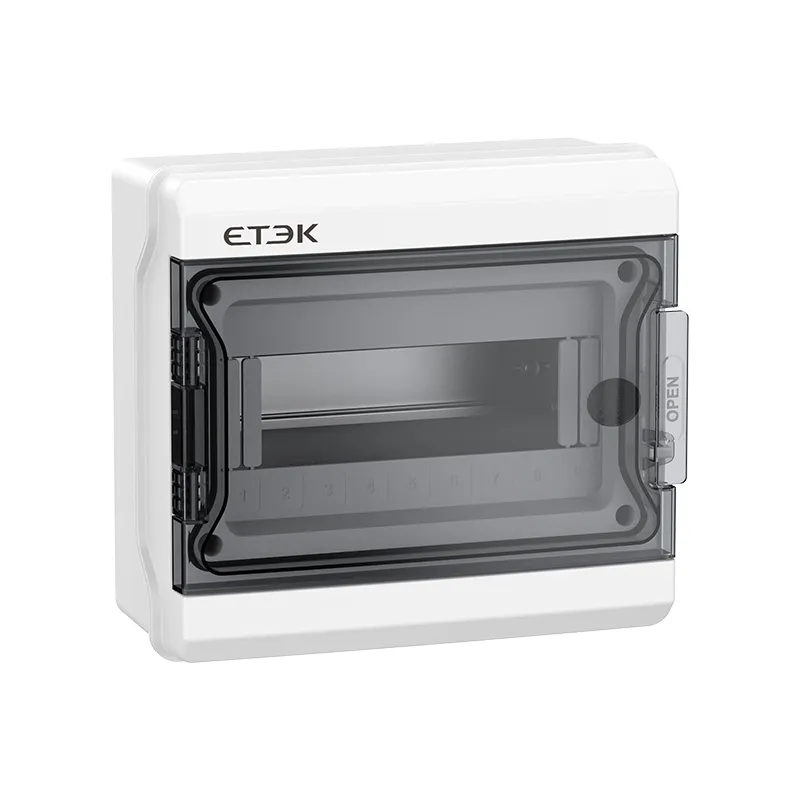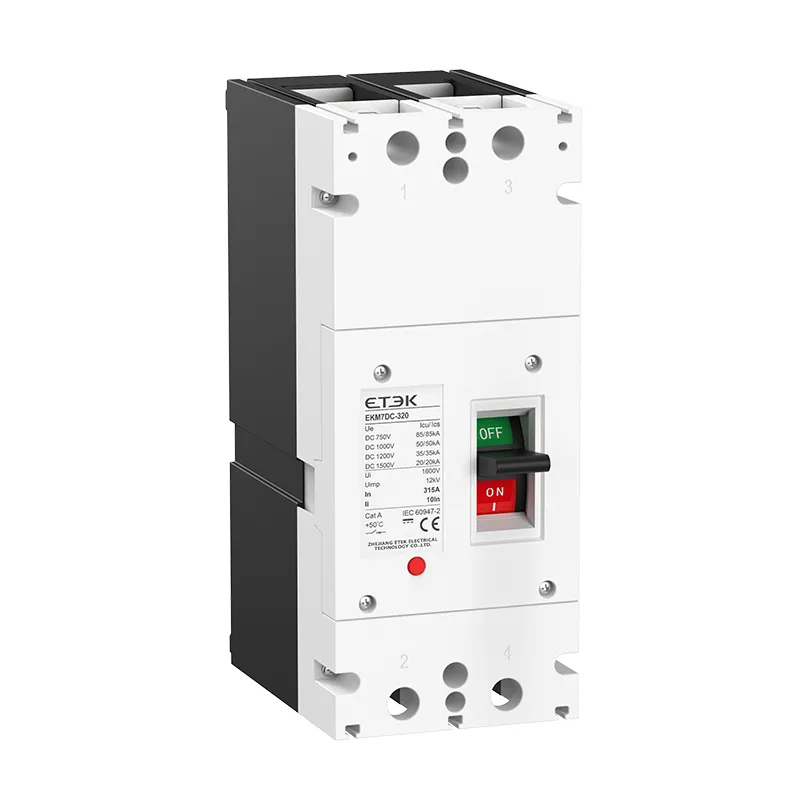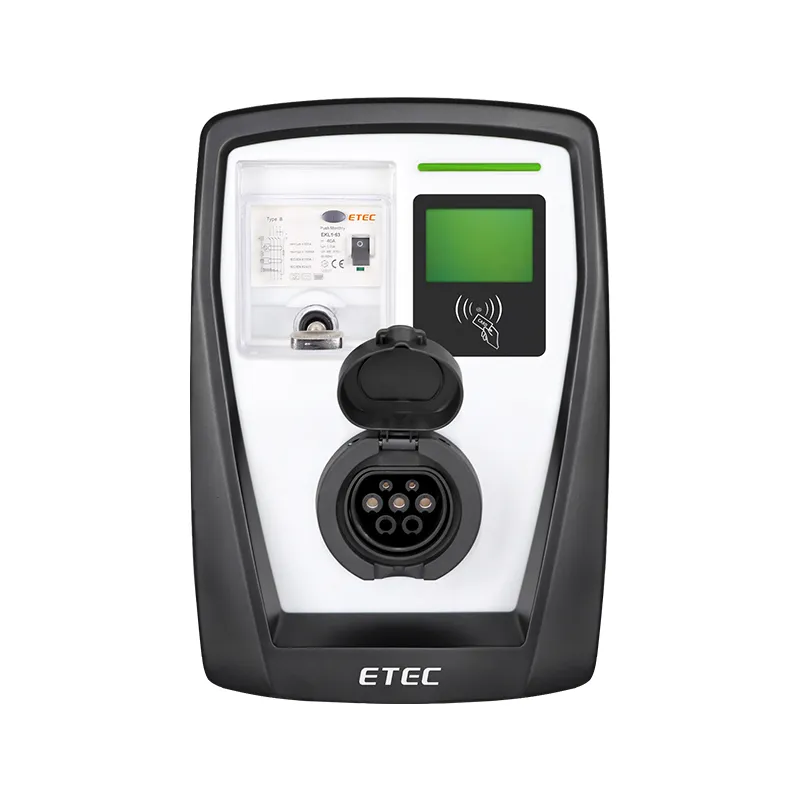Understanding the Importance of Miniature Circuit Breaker
Understanding Miniature Circuit Breaker (MCB)is crucial for effective electrical safety. They provide essential protection against overloads and short circuits, significantly reducing the risks of electrical fires and equipment damage.
When selecting an MCB, it is important to carefully assess the current ratingand the specific characteristics suited for your setup. Additionally, be mindful of the installation environment, as it influences the choice of MCB to ensure optimal performance. Compliance with established safety standardsis equally critical to maintaining reliable operations. Overall, MCB not only safeguard electrical systems but also enhance user confidence in their safety and reliability.
The Critical Role of Miniature Circuit Breaker in Electrical Safety
Miniature Circuit Breaker(MCB) are essential components in residential and commercial electrical systems, providing crucial protection against overloads and short circuits.
By automatically disconnecting the circuit when excessive current flows, MCB greatly reduce the risk of electrical fires and equipment damage. Moreover, MCB enhance overall system reliability by preventing potential hazards before they escalate.
Choosing the right miniature circuit breakerinvolves understanding its specifications and properly assessing the load requirements of your electrical installation. This understanding will ensure optimal protection and compliance with safety standards, safeguarding both people and property against electrical faults.
Key Features and Functions of Miniature Circuit Breaker Explained
Miniature Circuit Breaker (MCB)play a crucial role in protecting electrical circuits from overload and short circuits. They serve to automatically disconnect the power supply in case of a fault, minimizing damage to the electrical system. MCB are designed with sensitive mechanisms that detect current surges and trip the circuit when necessary.
|
Feature |
Description |
|
Overcurrent Protection |
Prevents damage from excessive current flow. |
|
Thermal Tripping |
Based on heating effect; responds to prolonged overloads. |
|
Magnetic Tripping |
Reacts quickly to short circuits; provides immediate response. |
|
Manual Reset Capability |
Allows for easy reconnection once the issue is resolved. |
In addition, MCB come with various ratings and configurations tailored for diverse applications, making them versatile components in modern electrical systems. Their compact design allows for easy installation in residential, commercial, and industrial settings, catering to different load requirements efficiently.
How to Choose the Right Miniature Circuit Breaker for Your Needs
When selecting a Miniature Circuit Breaker(MCB), it's crucial to consider several key factors. First, identify the electrical load you need to protect. This involves calculating the total current drawn by your devices, usually measured in amperes. MCB come in various current ratings, so choose one that can handle your requirements without tripping under normal conditions. Additionally, take into account the type of MCB, as there are different characteristics for various applications, such as B, C, or D curves. These types indicate how quickly the breaker will trip when overloaded or short-circuited.
Furthermore, assess where the MCB will be installed. For instance, if it’s in a residentialsetting versus an industrialenvironment, different specifications might apply. Make sure to check compatibility with your existing wiring systemand any applicable safety standards or regulations that may dictate specific qualities for MCB used in certain types of buildings. Lastly, don’t overlook reliability; opting for MCB from reputable manufacturers can ensure better safety and longevity in your electrical systems.
Understanding the Technical Aspects of Miniature Circuit Breaker
Miniature Circuit Breaker(MCB) are essential components that safeguard electrical systems from overloads and short-circuits. They operate by automatically cutting off the electrical supply when current flow exceeds predetermined levels. This immediate response helps prevent potential damage to devices and reduces fire risks.
MCB come in various types, each designed for specific applications—such as B, C, and D curves—which define their tripping characteristics. Additionally, the current ratingof an MCB indicates its maximum load capacity, which is crucial for selecting the right breaker for your system.
Understanding these technical aspects ensures that users can effectively utilize MCB to enhance electrical safety and reliability in their installations. Proper installation and maintenance are also vital to ensure their effective functioning over time.
Expert Tips for Selecting Miniature Circuit Breaker Effectively
When choosing Miniature Circuit Breaker (MCB), it’s essential to consider several key factors to ensure optimal performance and safety. First, assess the application's specific needs, including the total load and type of devices connected. This will help determine the required current ratingof the MCB. Selecting an MCB with proper tripping characteristicsis crucial as it should match the expected fault conditions, such as short circuits or overloads.
Next, pay attention to the breaking capacity. This indicates how much current an MCB can safely interrupt without damage. It’s advisable to choose a breaker that exceeds the maximum fault current expected in your system. Additionally, ensure that the selected MCB complies with relevant safety standardsand certifications for your region to avoid legal issues or failure in critical moments.
Finally, consider features such as a model’s build qualityand warranty period. A well-built circuit breaker from a reputable brand can provide better reliability over time. These tips will help guide you through effective selection, ensuring both compliance and enhanced safety in your electrical systems.
Miniature Circuit Breaker: Enhancing Reliability in Electrical Systems
Miniature Circuit Breaker (MCB)play a pivotal role in ensuring the reliability of electrical systems. These devices are designed to automatically switch off electrical circuits in case of overloads or short circuits, thereby preventing potential damage to connected devices and reducing the risk of fire hazards.
By monitoring electrical current, they act as a safeguard, allowing for rapid disconnection when irregularities occur. Furthermore, MCBare preferred for their ease of reset after tripping and their ability to provide precise protection tailored to specific system requirements.
The integration of miniature circuit breakerenhances not only operational efficiency but also user confidence in the safety and reliability of their electrical installations. This is crucial in both residential and commercial settings where reliable performance is paramount to avoiding costly downtime or repairs.
Common Misconceptions About Miniature Circuit Breaker Demystified
Many people mistakenly believe that Miniature Circuit Breaker(MCB) are only essential for new installations, overlooking their importance in older systems. While it’s true that MCBs enhance safety and reliability, they also serve as crucial updates for existing electrical setups to prevent risks of overcurrent and short circuits.
Another common misconception is that MCB can handle any load without limitations. In reality, each MCB is rated for specific current levels, and exceeding these ratings can lead to failures. Additionally, some assume that MCB prevent all electrical faults; however, they mainly protect circuits from overloads and faults, but not from all potential electrical issues. Understanding these misconceptions helps in making informed choices about selecting and maintaining Miniature Circuit Breakereffectively in both new and existing electrical systems.
Safety Standards and Compliance for Using Miniature Circuit Breaker
When it comes to Miniature Circuit Breaker (MCB), These devices must comply with regulations set by organizations such as the International Electrotechnical Commission (IEC) and the National Electrical Manufacturers Association (NEMA).
Compliance ensures that MCB provide reliable protection against overcurrent and fault conditions. It's vital for both manufacturers and users to follow these standards to guarantee the reliabilityand safetyof electrical installations. Moreover, local building codes often dictate specific requirements related to MCB installation, emphasizing the importance of proper grounding and surge protection.
By ensuring compliance with these safety standards, users can enhance their electrical systems' performance and longevity while minimizing risks associated with electrical faults.
Conclusion
Miniature Circuit Breaker (MCB) are essential for electrical safety, protecting against overloads and short circuits. Correct selection and compliance with standards ensure system reliability, safeguard property, and prevent hazards.
Act now!
Contact our customer service team for free shopping guides and the latest product catalogs!



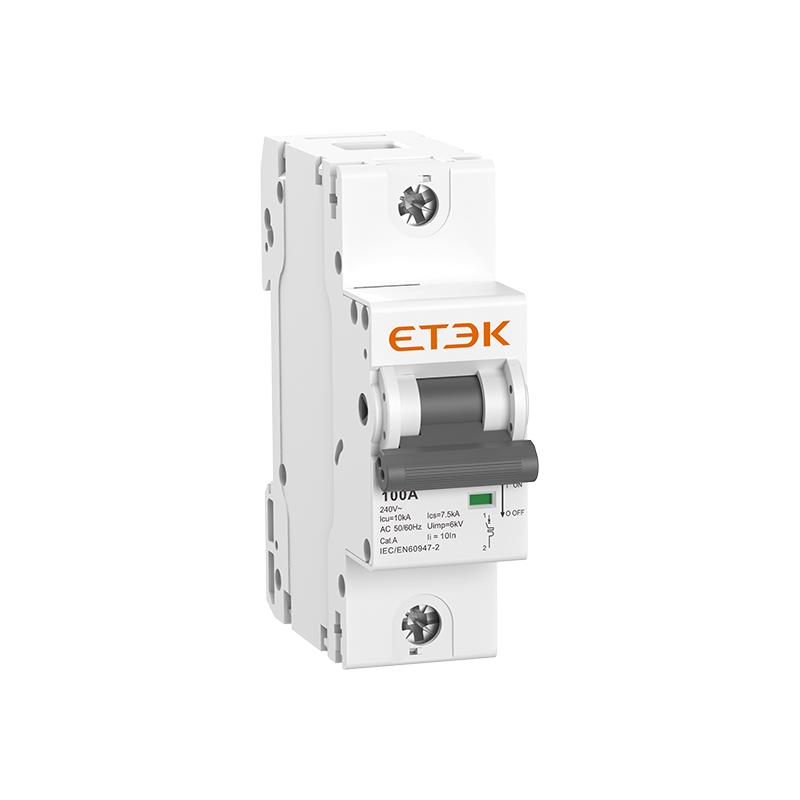
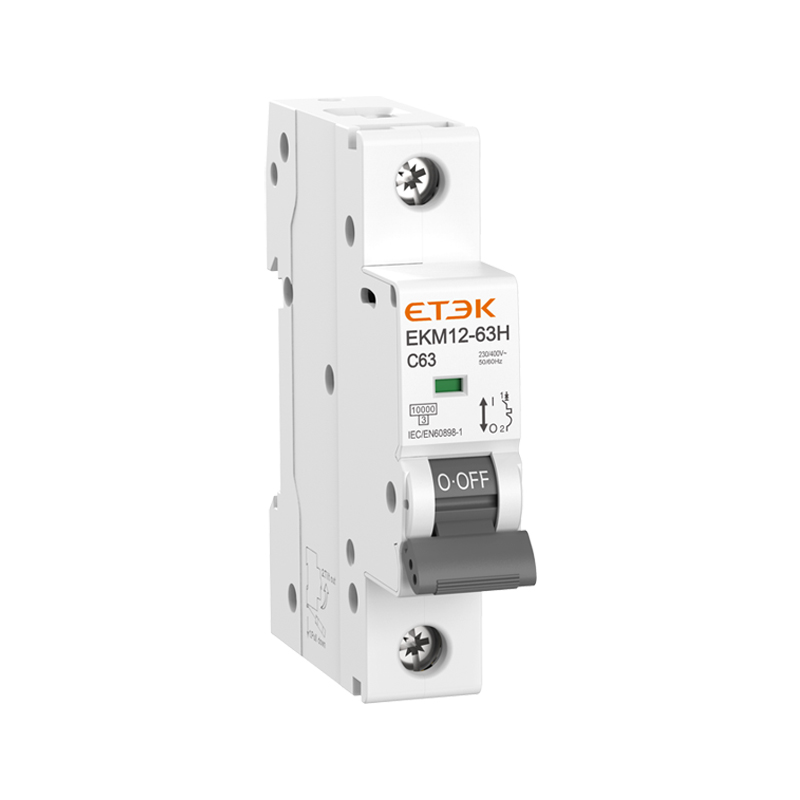
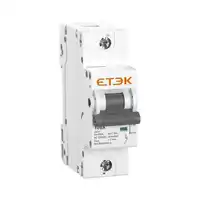
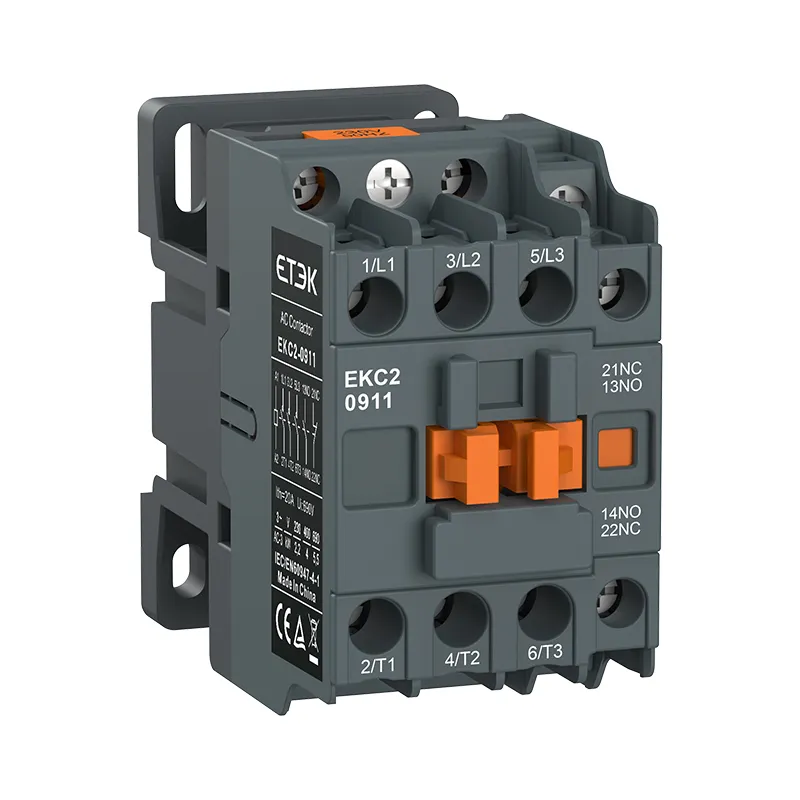
.webp)
